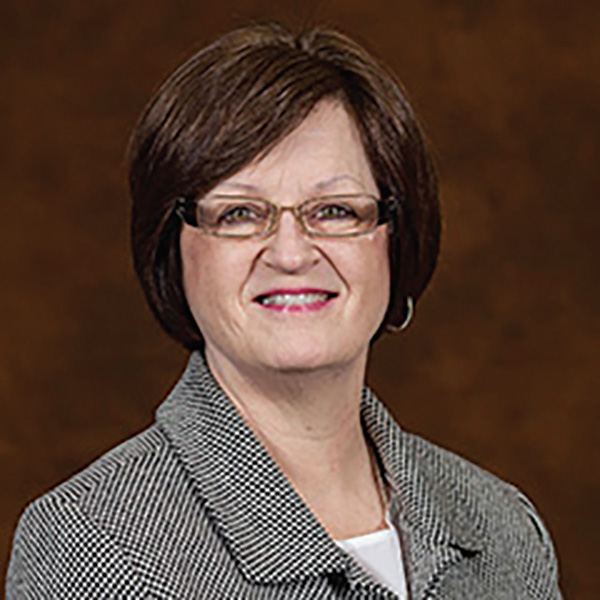
Issues pertaining to geography, socioeconomic status, or racial or ethnic background can prohibit patients from accessing the treatment and care they need to successfully navigate their cancer diagnosis. Connecting patients to healthcare professionals and tailored interventions that educate, motivate, and reduce barriers can be a tremendous boon for their care and ultimately their outcomes.
Many rural patients must travel long distances just to get to appointments, access screening services, or even meet with healthcare professionals. Creating programs that connect those patients to nursing professionals can help them understand what they need to do and why they need to do it for successful cancer care. Although telehealth-based resources have helped keep some patients from falling through the cracks, many rural patients aren’t engaging with them in the same way as their urban counterparts. Nurses are key to understanding why and must look for ways to effectively connect their patients with necessary resources and materials to prevent gaps in education.
Disparity and access issues can be challenging to overcome, especially as nurses attempt to educate their patients. Not all individuals have the same level of access to resources like the internet, a computer, or even a reliable phone connection, which can make selecting the right delivery mode for educational interventions difficult. Nurses must be savvy about the availability of resources and access challenges their patients face.
Beyond geographic issues, racial and ethnic disparities also factor into patients’ cancer-related knowledge. A 2019 study found that African Americans were less likely to perceive their cancer risk and less worried about receiving a cancer diagnosis, yet African Americans with colorectal cancer (CRC) have higher morbidity and mortality rates than any other racial or ethnic group in the United States. By addressing perceived risk and the need for cancer screenings through tailored education interventions, nurses can help change patient behaviors and improve adherence to screening recommendations. In a study using computer-delivered education interventions to discuss and promote CRC risk and screenings, African Americans who received the intervention reported recognizing their cancer risk and the benefits of CRC screening.
Nurses can connect their patients to the necessary information and share it with them in myriad ways, but if patients are not engaging with the information and following through on what they’ve learned, that knowledge will only take them so far. Oncology nurse researchers have a huge role in the future of patient education. By studying patient engagement, especially of those in communities that suffer disproportionately from cancer, researchers can identify novel ways for nurses to help patients act on the knowledge they’ve been given.
As educators and advocates, nurses are at the center of successful patient education and must lead the charge for new educational resources and modes of understanding to ensure all patients are getting the best possible care they need, when they need it.






